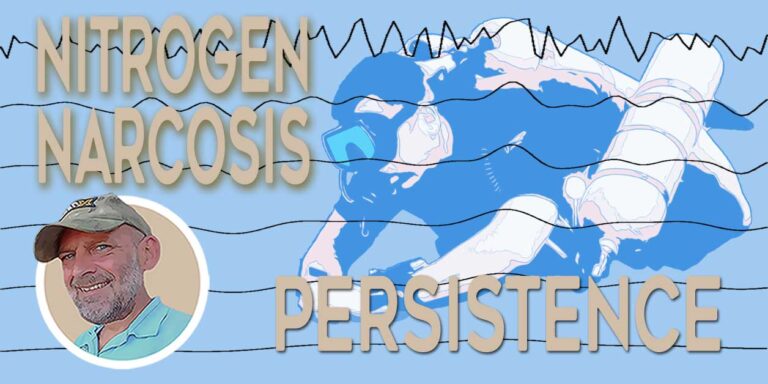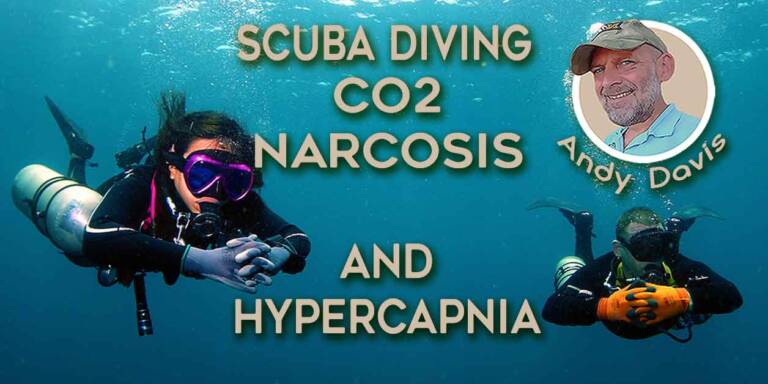Nitrogen Narcosis: Why It Is Hard to Know You Are Narked

How do scuba divers perceive nitrogen narcosis? Is it possible to gauge your susceptibility to narcosis & make sound judgments to manage it?

Articles for beginner to expert scuba divers

Articles for beginner to expert scuba divers

How do scuba divers perceive nitrogen narcosis? Is it possible to gauge your susceptibility to narcosis & make sound judgments to manage it?

A new study on nitrogen narcosis challenges the long held presumption that nitrogen narcosis impairment dissipates immediately on ascent from depth.

Nitrogen narcosis sedation is diminished consciousness: not the alcohol-like intoxication many divers are taught.

There are three governing factors which determine how deep can you dive using air. Understanding those factors promotes safe gas selection.

Did you know that mild CO2 retention (hypercapnia) causes acute CO2 narcosis symptoms when you are diving? Don't assume it is nitrogen!

Find out the three reasons why divers use helium in their breathing gas to increase diving safety. Scuba agencies have differing policies on training for helium diving.

Did you know that scuba diving anxiety can arise from CO2 narcosis? Learn why descent speed, gas density & exertion can affect your dives!

This article has everything that you were never taught about scuba diving descent speed! What effects and issues does the descent rate have?

Scuba Q&A Question: I was taught that “recreational divers plan all dives to be no stop dives” and also that most agencies consider 40m /130 feet as the maximum depth for recreational deep diving. That seems inconsistent when my…